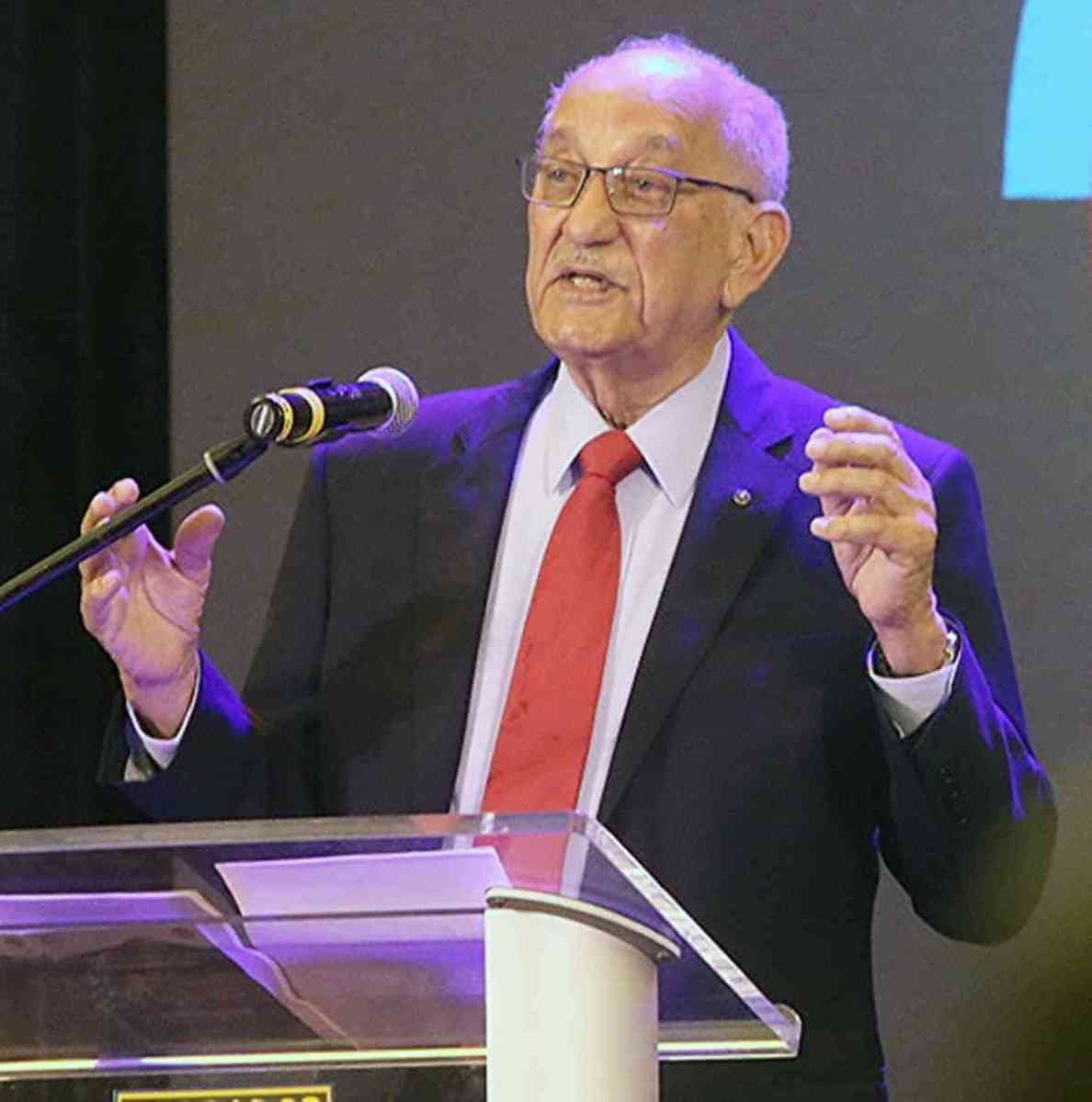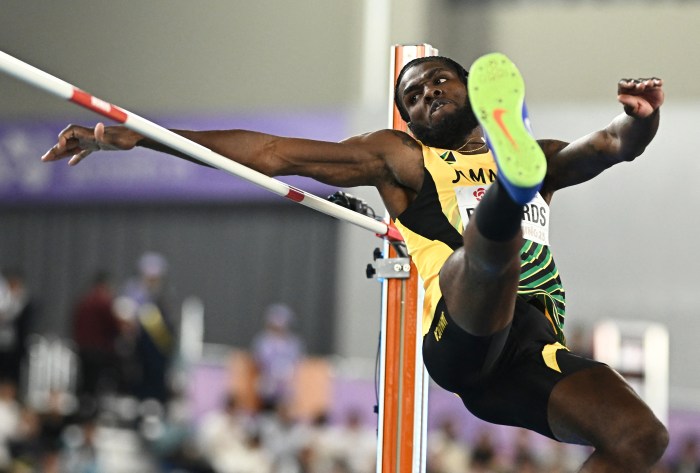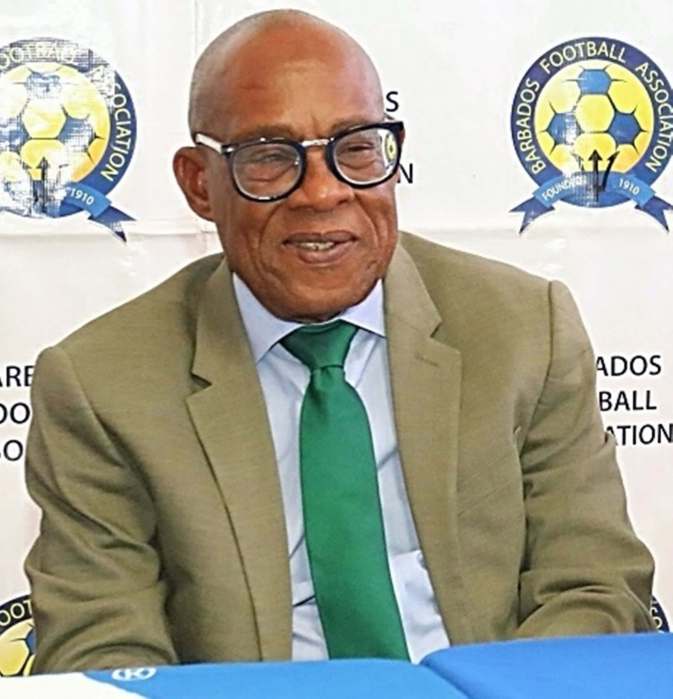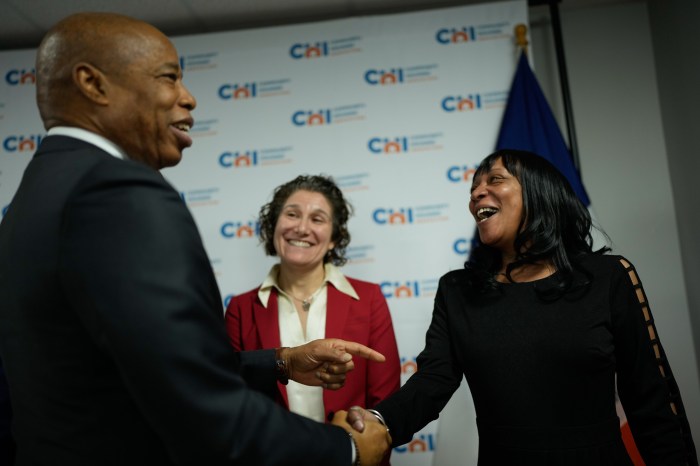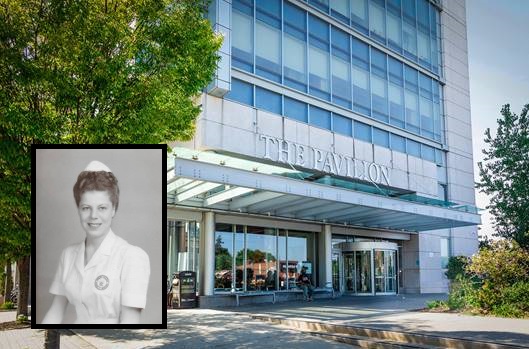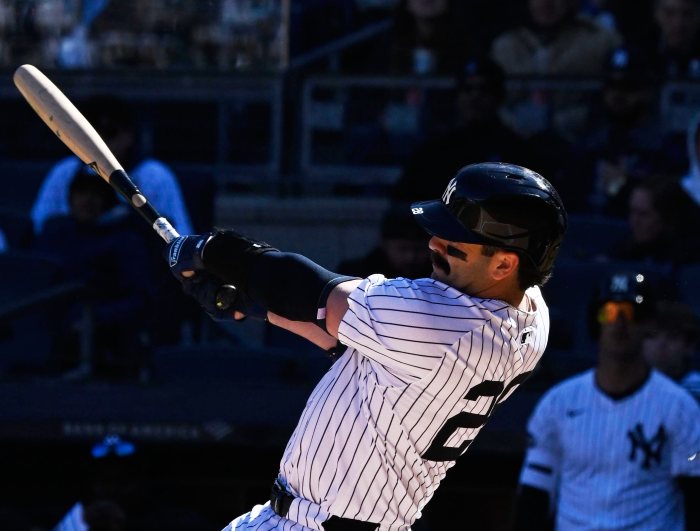Caribbean heads of governments have been accused of not keeping pace with their sportsmen and women because the politicians are failing to provide facilities to support athletes consistent with their worldwide successes.
So said Jamaican sports administrator, D.r Michael Fennell, as he addressed the recent Barbados Olympic Association 2019 awards cereemony.
Fennell, a water polo player in the 1959 joint West Indies Pan Am Games team, and former president of the Jamaica Olympic Association wants to see discussions on sports given priority during CARICOM Heads of Governments meetings.
“When you look at the status of sports in the Caribbean and what we are doing about the development of sports, I am very concerned. I am concerned because although we have done well and continue to do well, it is almost by accident because we have not truly invested in sports in the Caribbean,” he said while asserting that the Caribbean has become a brand name through sports achievement of its athletes.
“I invite our governments to rethink their position on what they are doing for sports. The other day I asked the question, ‘what is the status of sports on the agenda of CARICOM’? There is a sports desk at the CARICOM headquarters in Guyana and I don’t even know if anybody exists by that desk. We have not heard anything, and the Heads of Government need to be encouraged when they have their meetings that sports be on the agenda,” Dr Fennell said.
“In order for us to improve, sports tourism is a must and investment is required,” said Fennell, a former chairman of the Commonwealth Games Federation for almost 10 years.
He contended that sports has been accepted as one of the most powerful tools in social development worldwide, and argued that for this reason, “it cannot be ignored for what it has to offer to national development”.
“Sports and its potential for contributing to national development have been acknowledged at the highest levels throughout the world, especially at the United Nations where they have adopted resolutions in conjunction with the international committee towards this end.
“This contribution embraces the role of sporting education and health, and with health wellness, socialisation and the economy especially in sports tourism. And when you think of our Caribbean islands and our Caribbean territories, sports tourism is a must.”
He pointed out that development through sports does not happen without investment in infrastructure for sports tourism and physical education activities, among other areas.
“In terms of these investment, programmes and the development of the skills that are necessary, the human factor, the high level of obesity around the world and training of young and old to move away from physical activities, especially the pursuant of their digital activities and their digital experiences all presents major challenges for the development of sports.”


